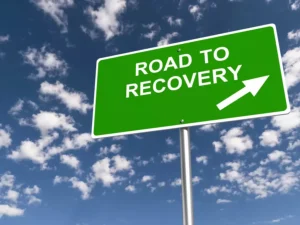
It’s been deemed plausible (although not yet fully confirmed) that alcohol use may cause the suppression of REM sleep in the short term through its effects on GABA. Alcohol can play a big role in sleep disturbances, impacting one’s ability to get a good night’s rest. Insomnia is characterized by a person having trouble falling asleep or staying asleep.4 It can also be signaled by low-quality sleep, where a person may sleep only to awaken still feeling tired. The duration of alcohol withdrawal insomnia varies but typically improves over a few weeks. Rehab is instrumental in managing this condition, offering structured support, setting regular sleep schedules, and incorporating relaxation techniques.
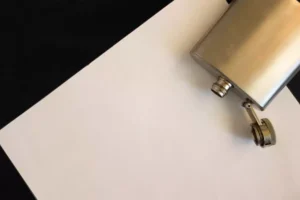
For Loved Ones: How to Support a Loved One’s Mental Health
We’re here 24/7 to help guide you or your loved on through rehab and recovery. Submit your number to receive a call today from a https://ecosoberhouse.com/article/what-difference-between-a-sober-house-and-a-halfway-house/ treatment provider. The clinical services offered through this website are provided by Bicycle Health Medical Group, PA and Bicycle Health Provider Group Inc., that are independent, physician-owned medical groups. For more information about the relationship between Bicycle Health, Inc. and the Bicycle Health Medical Group, PA and/or Bicycle Health Inc. and the Bicycle Health Provider Group Inc., click here. Most people sleep better in cooler temperatures, around 65°F, though this can vary per individual.
Build a Peaceful Bedroom
Differences in the rewarding properties of various benzodiazepines in alcoholics have not been extensively studied. Relatedly, sleep experts commonly recommend nonbenzodiazepine agents like zaleplon and zolpidem because of their rapid action and clearance, although little is known about their abuse liability among alcohol dependent persons. Suffice it to say that more research is needed regarding the safety and effectiveness of benzodiazepine receptor agonists for the short-term management of insomnia in alcohol dependent patients (13). Behavioral studies suggest that up to 2 to 3 standard drinks before bedtime initially promotes sleep, but these effects diminish in as few as 3 days of continued use.
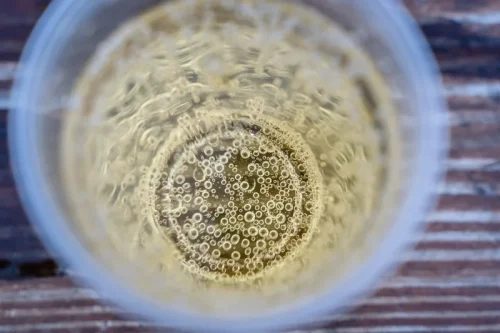
The Best Foods To Help You Sleep
Insomnia occurs when a person has persistent symptoms related to difficulty falling or staying asleep. It also includes consistent unrestful sleep that occurs despite adequate sleep. Sleep issues are common during detox, and insomnia is very common in those going through drug or alcohol withdrawal and in the early stages of recovery.
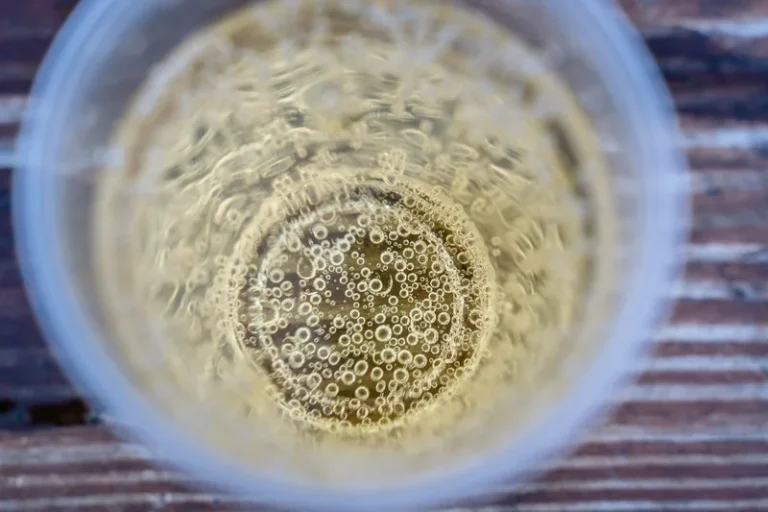
The mix of poor sleep patterns and alcohol dependency can often blur the line between work and personal life, amplifying the stress. However, quitting alcohol can yield incredible improvements in terms of sleep quality. If insomnia persists for months or you experience severe daytime fatigue, memory issues, or mood disturbances, it’s time to consult a healthcare provider.
How Long Before Bed Should You Stop Drinking Alcohol?
If that’s not enough, speak to your medical practitioner about meds that are specific to alcohol detox to help the over-stimulated nervous system successfully regain its equilibrium. Over the long term though, this is counterproductive, because the more alcohol you consume, the greater tolerance your body builds up so you need more and more alcohol to feel the same effects. If you slept well with alcohol dependence, you are likely to wonder how to get sleep during alcohol withdrawal. At The Recovery Village Atlanta, we have extensive experience helping people stop using alcohol as safely and comfortably as possible. We can help you overcome your addiction to alcohol, allowing you to sleep better and feel rested. Contact a Recovery Advocate today to learn alcoholism symptoms how our evidence-based alcohol addiction treatment programs can help you sleep well again.
- Simply knowing that time is the most effective element to help reset your circadian rhythm can help you remember to stay patient and give your body a chance to heal from the effects of alcohol.
- Two longitudinal studies that followed alcoholics over several years found that SWS% normalized by 21 to 27 months (Williams and Rundell 1981; Drummond et al. 1998).
- Greeff and Conradie reported that 10 sessions of progressive relaxation training in 11 alcoholic men with insomnia showed significant improvement in self-reported sleep quality (79).
Selection of Studies
For me that was just an excuse, but I bought into the lie that drinking helped me sleep for a long time. Towards the end of my active alcohol use, I was sleeping only two to four hours a night, spending the rest of the time drinking alone in my dark living room, reading stories I wouldn’t remember in the morning. Sleep maintenance insomnia means you have a hard time staying asleep, or even if you get eight hours of sleep, it is not restful sleep. You feel just as tired when you wake up as you did when you fell asleep. On average, the liver metabolizes one standard drink per hour, but this rate can vary.
Unmatched Addiction Care in Colorado.
Alcohol suppresses REM sleep, making you feel less rested even if does alcohol cause insomnia you get a full night’s sleep. Alcohol affects sleep in many ways, impacting the body’s ability to get deep sleep and disrupting the process that helps maintain normal sleep. While alcohol might help you get to sleep more easily, it ultimately keeps you from getting deep, restorative sleep, making you feel more tired instead of more rested. Some people in recovery may try to start drinking again to improve their sleep.
Evidence-based Alcohol Addiction Treatment
While Insomnia can lead to a dependency on alcohol, the opposite, like many mental disorders, is also true. In general, the use of alcohol can prevent someone from falling into deep sleep, which is crucial to maintaining normal brain function, physical health, and emotional well-being. The toll this takes could already cause strain to one’s life and relationships. This means that someone self-medicating spirals deeper into their dependency, turning it into a full-blown addiction faster. Alcohol use may also increase a person’s risk of sleep apnea, a sleep disorder where a person snores loudly and their breathing is not consistent during sleep.
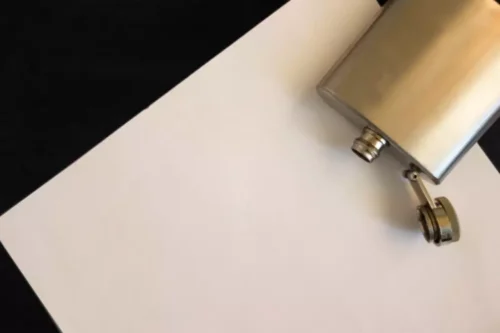
Also, your brain can feel like it needs alcohol to fall asleep and help you rest. Neuroadaptation means that in response to the chronic exposure to alcohol, the brain adjusts its baseline activities to compensate for alcohol’s effects on brain-cell functioning. These alterations compensate for alcohol’s effects, allowing the brain to maintain its “normal” activity levels in the presence of alcohol.
